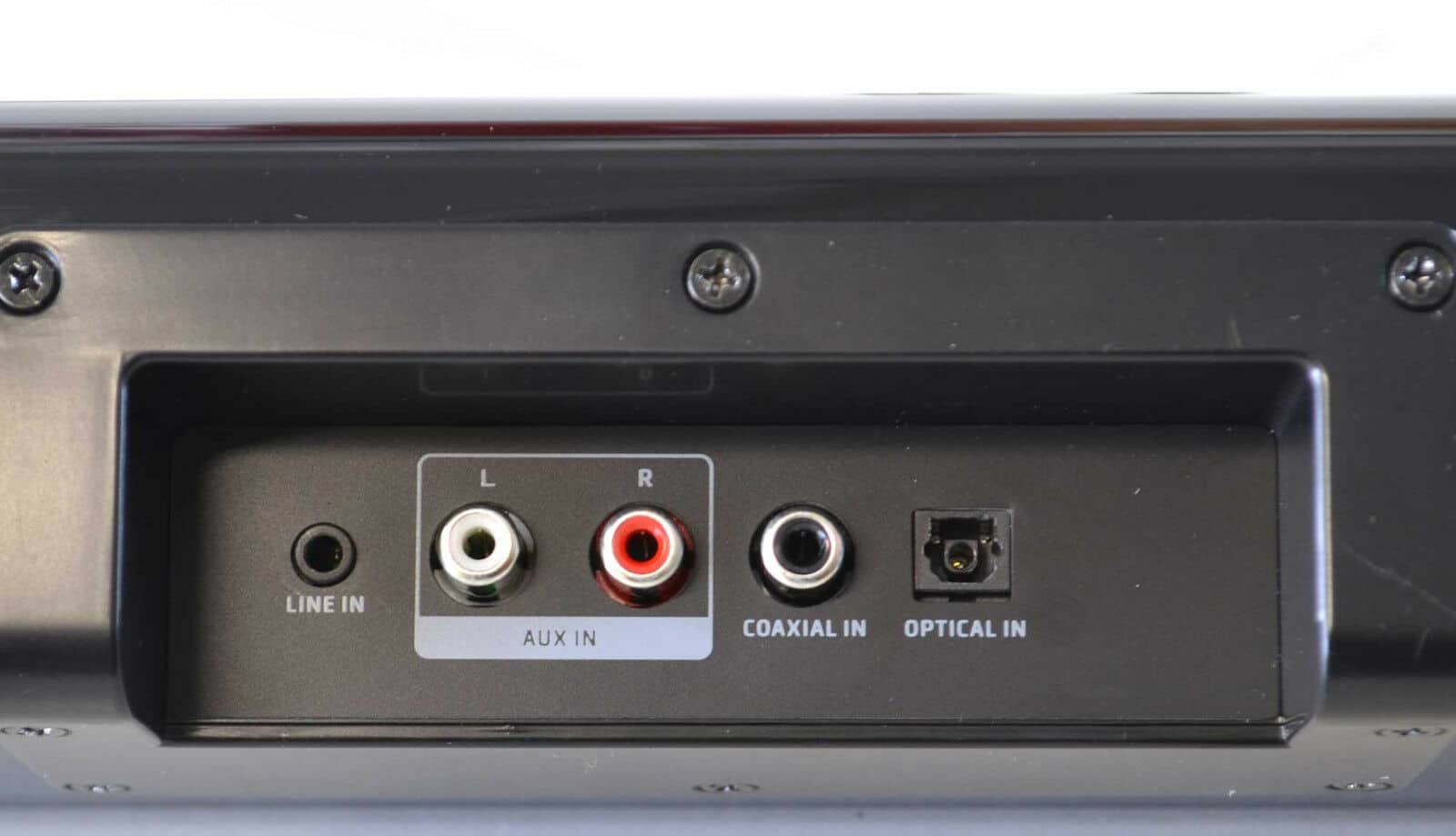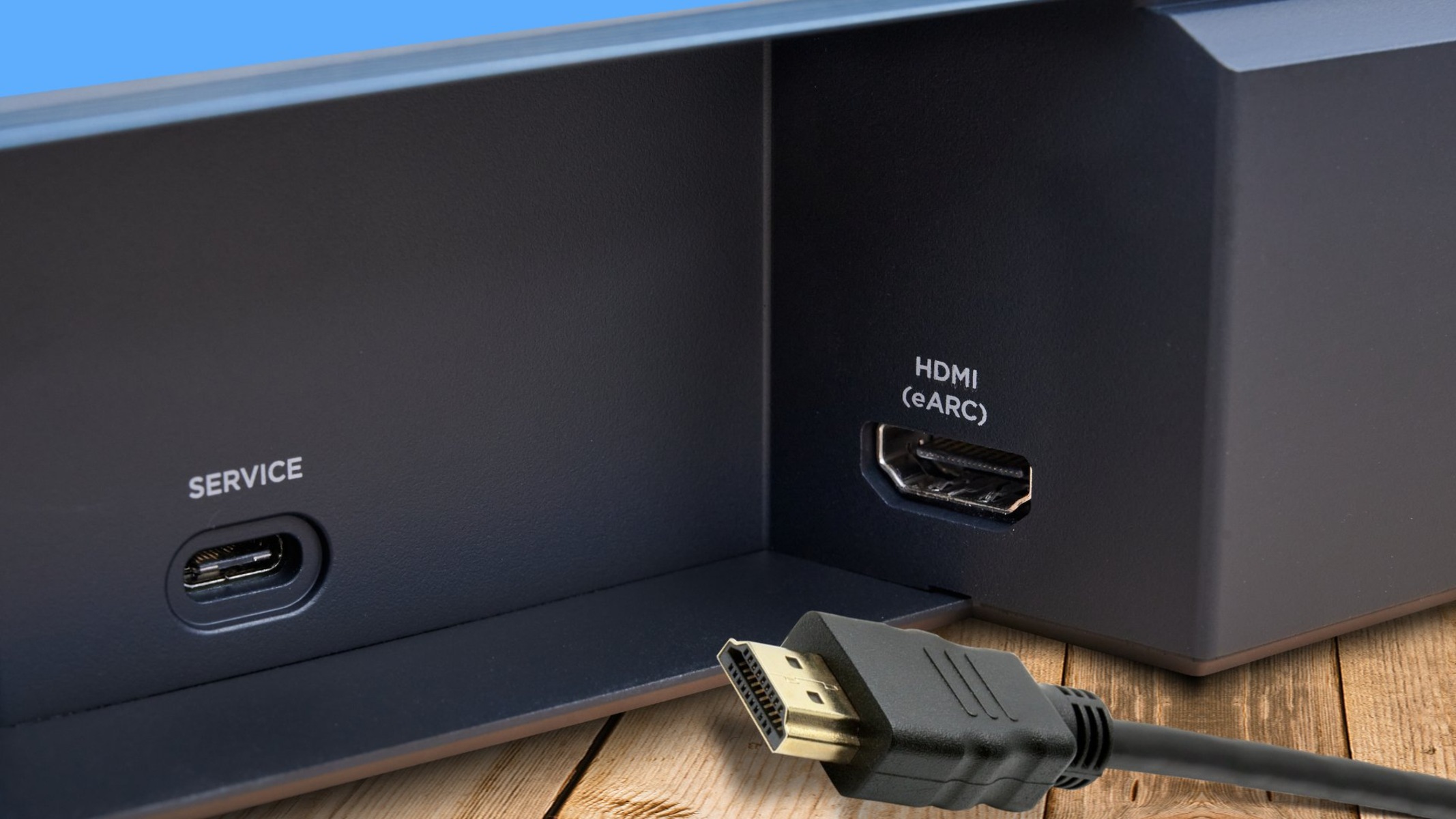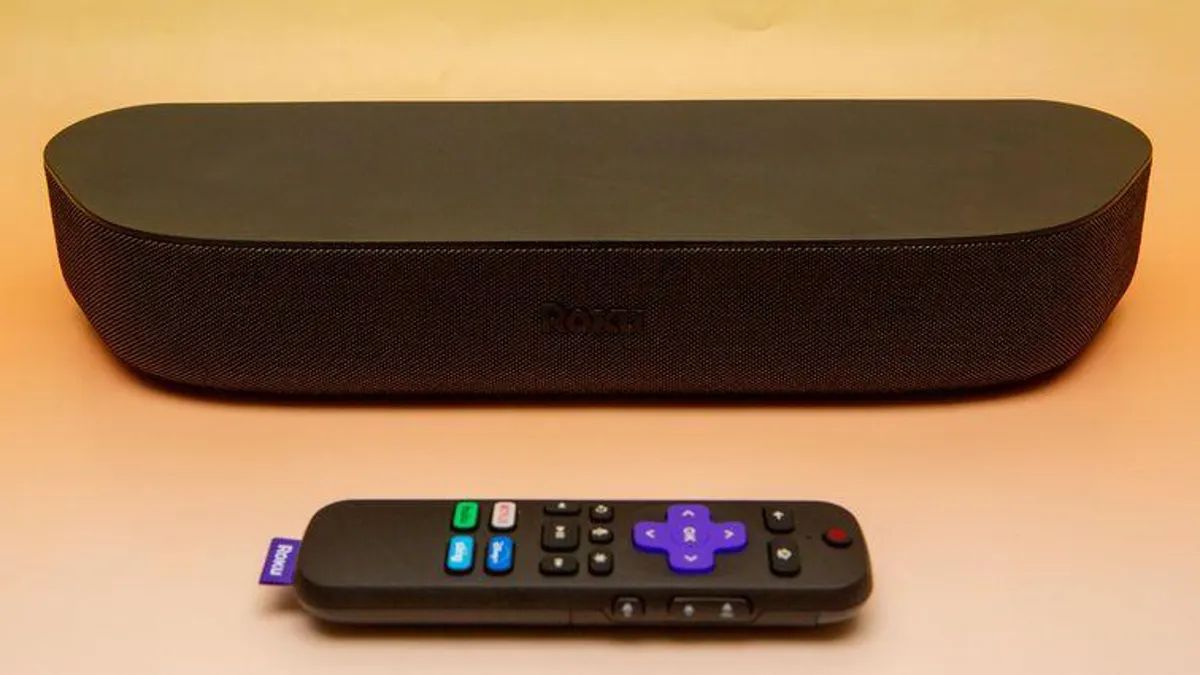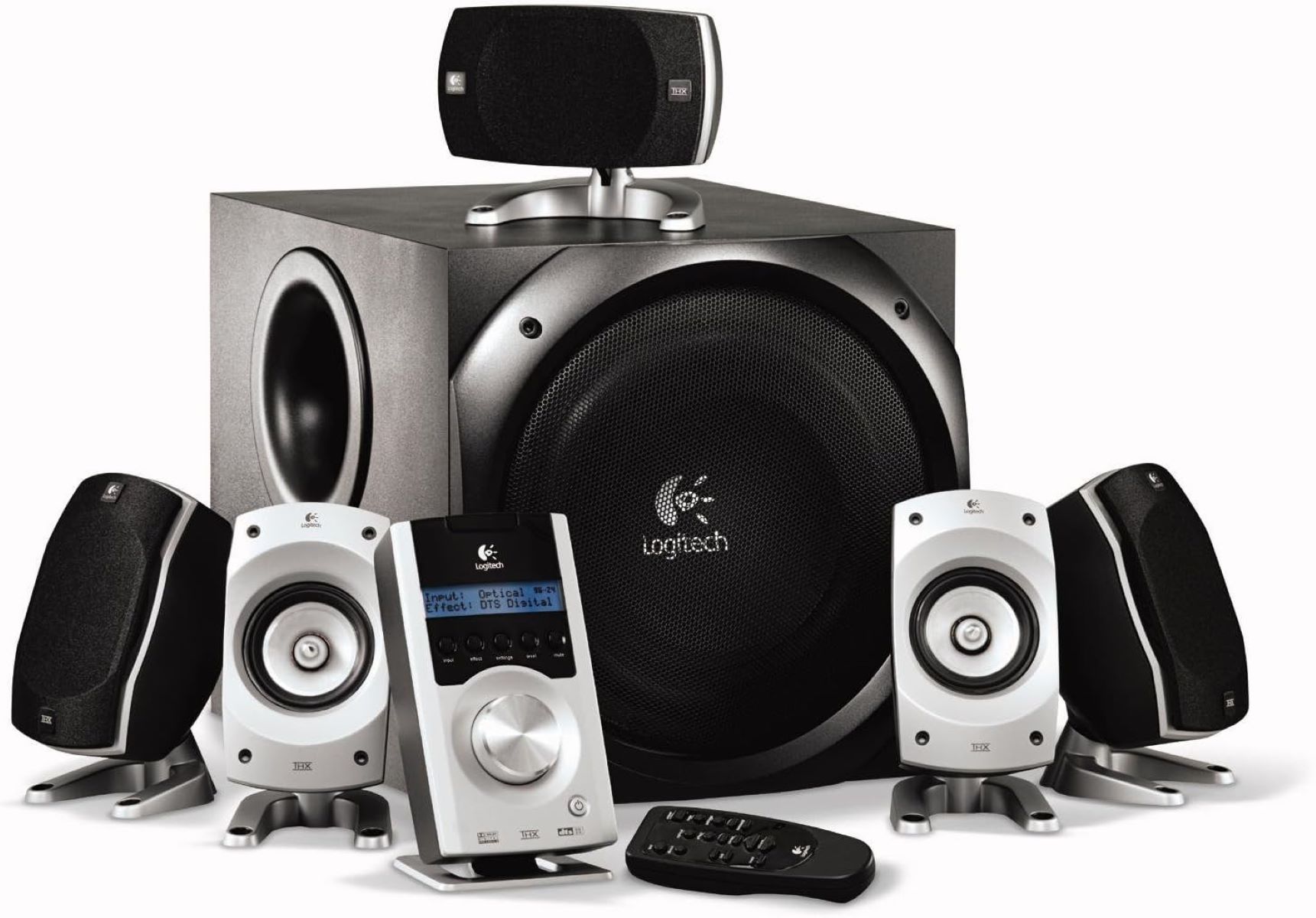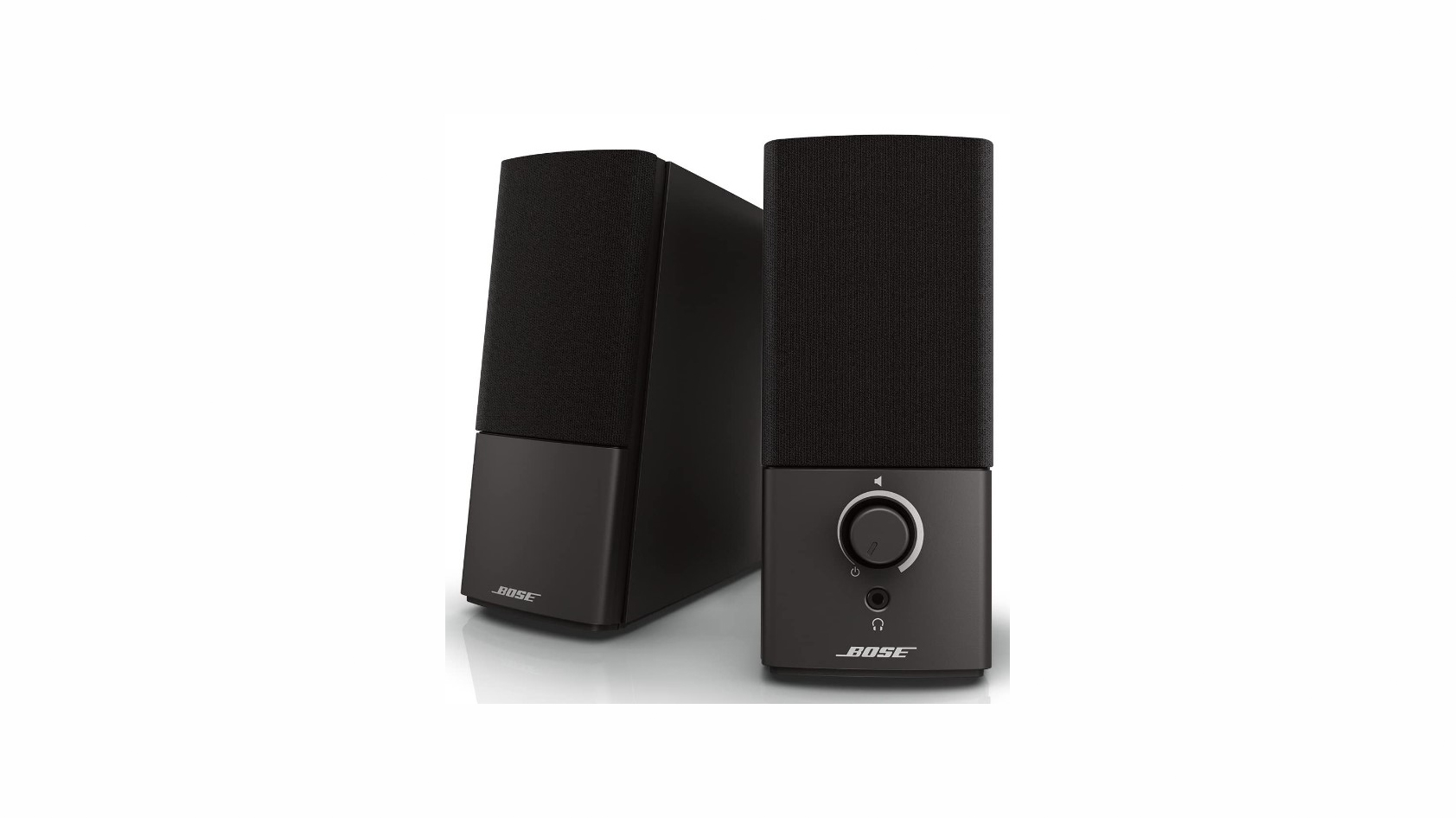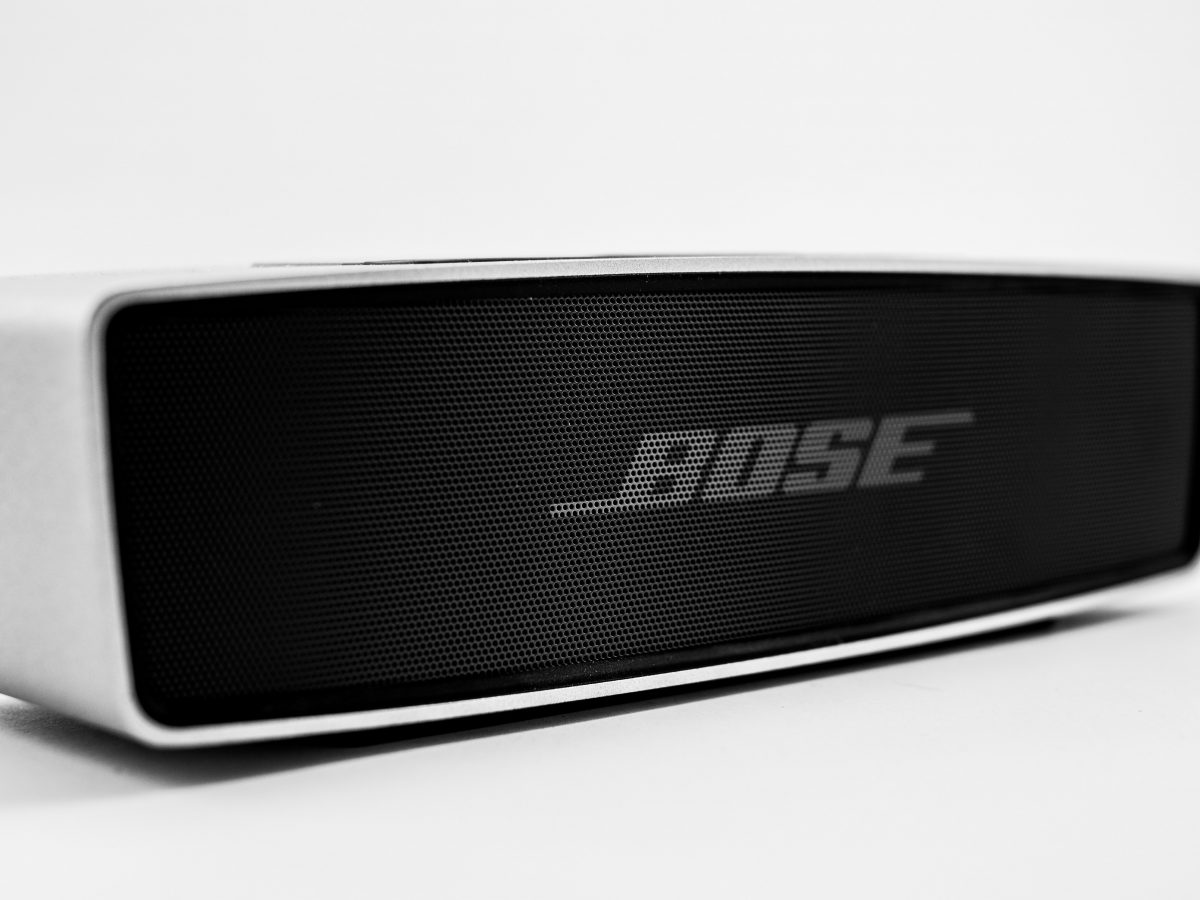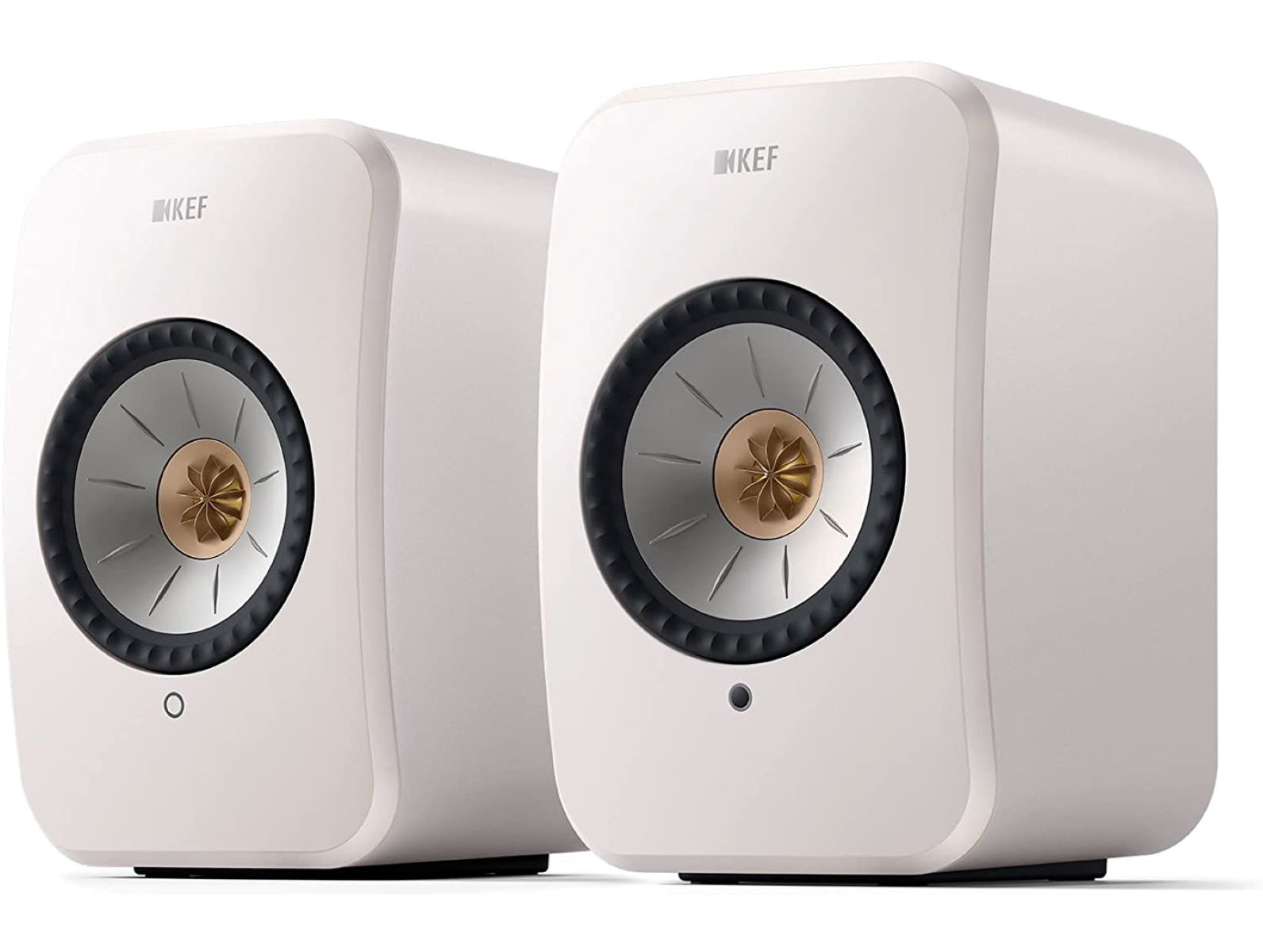Common Causes of Static Noise in Soundbars
Static noise from a soundbar can be frustrating and disruptive, impacting your entertainment experience. Understanding the common causes of this issue is crucial in troubleshooting and resolving it effectively. Here are the primary factors that can lead to static noise in soundbars:
- Interference: Wireless interference from other electronic devices such as routers, cordless phones, or microwave ovens can disrupt the signal between the soundbar and the audio source, resulting in static noise.
- Loose Connections: Poorly connected cables, especially the audio input cables, can introduce static noise. Ensure that all connections are secure and free from damage.
- Electrical Issues: Power surges, inadequate grounding, or electrical interference can cause static noise in soundbars. Faulty power outlets or power strips may also contribute to this problem.
- Signal Interference: Weak or inconsistent signals from the audio source, such as a TV or media player, can lead to static noise in the soundbar. This can be exacerbated by low-quality cables or outdated audio connections.
- Environmental Factors: Environmental elements, including radio frequency interference from nearby transmission towers, can introduce static noise into the soundbar’s audio output.
Identifying these common causes can serve as a starting point in addressing static noise issues in soundbars. By recognizing the potential sources of the problem, you can take targeted steps to troubleshoot and resolve the issue, ensuring a seamless and immersive audio experience.
Troubleshooting Static Noise Issues in Soundbars
When static noise disrupts the audio quality of your soundbar, employing effective troubleshooting techniques can help identify and resolve the underlying issues. Here are some practical steps to troubleshoot static noise problems in soundbars:
- Check Connections: Ensure that all audio cables are securely connected to the soundbar and the audio source. Replace any damaged or frayed cables that could be causing interference.
- Minimize Interference: Move the soundbar away from potential sources of wireless interference, such as routers, cordless phones, or other electronic devices. Additionally, reposition the soundbar to reduce signal obstructions.
- Power Source: Connect the soundbar to a stable power source and avoid using the same power strip or outlet as high-powered electronic devices that may cause electrical interference.
- Update Firmware: Check for firmware updates for your soundbar model. Installing the latest firmware can address known audio issues and improve overall performance.
- Audio Source Quality: Ensure that the audio output from the source device, such as a TV or media player, is of high quality and free from signal disruptions. Use high-quality audio cables for optimal signal transmission.
- Environmental Factors: Identify and mitigate environmental elements that could contribute to static noise, such as radio frequency interference from nearby transmission towers or other electronic equipment.
By systematically troubleshooting static noise issues in soundbars, you can isolate the root causes of the problem and implement targeted solutions. These proactive measures can enhance the audio performance of your soundbar, restoring clear and uninterrupted sound for an enjoyable entertainment experience.
How to Prevent Static Noise in Soundbars
Preventing static noise in soundbars requires proactive measures to minimize potential sources of interference and ensure optimal audio performance. By implementing the following strategies, you can reduce the likelihood of static noise and maintain clear, high-quality sound from your soundbar:
- Optimal Placement: Position the soundbar away from electronic devices that may cause wireless interference, such as routers, cordless phones, or microwave ovens. Additionally, ensure that the soundbar is placed on a stable surface to minimize vibrations that could affect audio output.
- Secure Connections: Regularly inspect and secure all audio cables connected to the soundbar and the audio source. Utilize high-quality cables and avoid tightly coiling or bending them to prevent signal disruptions.
- Power Management: Connect the soundbar to a dedicated power outlet to minimize electrical interference. Consider using a surge protector to safeguard the soundbar from power surges and fluctuations.
- Update Firmware: Stay informed about firmware updates for your soundbar model and promptly install the latest releases to address potential audio issues and enhance performance.
- Environmental Considerations: Be mindful of environmental factors that could impact audio quality, such as nearby transmission towers or electronic equipment emitting radio frequency interference. Minimizing exposure to these elements can reduce the likelihood of static noise.
- Regular Maintenance: Clean the soundbar’s vents and components to prevent dust accumulation, which can affect audio output and contribute to static noise. Additionally, inspect the soundbar for any signs of wear or damage that may impact its performance.
By proactively implementing these preventive measures, you can create an optimal audio environment for your soundbar, reducing the risk of static noise and ensuring consistently clear and immersive sound reproduction. These preventive steps contribute to a more enjoyable and reliable audio experience, enhancing your overall entertainment satisfaction.
When to Seek Professional Help for Soundbar Static Noise
While troubleshooting and preventive measures can often resolve static noise issues in soundbars, there are instances where professional assistance may be necessary to address more complex or persistent problems. Knowing when to seek professional help for soundbar static noise can save time and ensure that the underlying issues are effectively resolved. Consider the following scenarios as indications that professional intervention may be beneficial:
- Persistent Static Noise: If static noise persists despite thorough troubleshooting efforts and preventive measures, consulting a professional technician with expertise in audio equipment can help diagnose and address the underlying cause.
- Technical Malfunctions: When the soundbar exhibits technical malfunctions beyond static noise, such as intermittent power issues, unresponsive controls, or distorted audio, professional diagnosis and repair may be necessary to restore optimal functionality.
- Warranty Coverage: If the soundbar is still under warranty and experiences static noise or related performance issues, seeking professional assistance from authorized service providers can ensure that any necessary repairs or replacements are covered by the warranty terms.
- Complex Installations: For soundbar installations that involve intricate audio setups, custom configurations, or integration with multiple audio-visual components, professional assistance can ensure seamless integration and optimal performance, reducing the risk of static noise and compatibility issues.
- Technical Expertise: Individuals with limited technical knowledge or experience in audio equipment troubleshooting may benefit from seeking professional help to avoid potential damage to the soundbar or related components during diagnostic or repair attempts.
Recognizing the limitations of DIY troubleshooting and the complexity of soundbar technology can guide individuals in determining when professional help is warranted. By seeking timely assistance from qualified professionals, you can address soundbar static noise issues effectively, ensuring sustained audio quality and optimal performance for your entertainment system.









